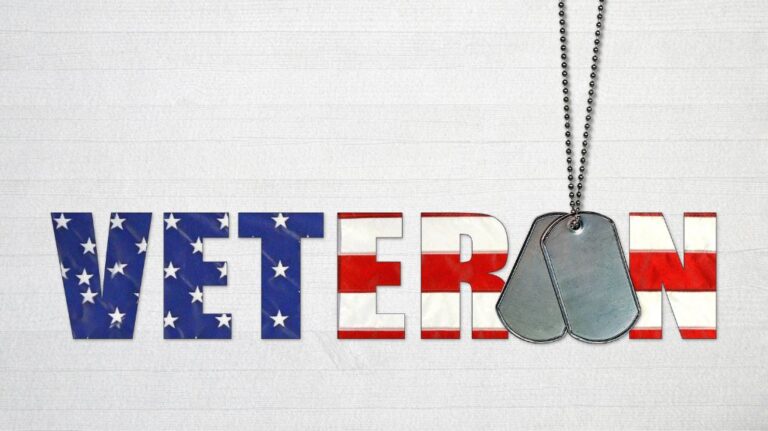The Impact of Your VA Disability Rating on Employment Opportunities

Transitioning from military service to civilian employment can be a challenging journey, particularly for veterans who have a VA disability rating. This rating, assigned by the Department of Veterans Affairs (VA), indicates the severity of a veteran’s service-connected disability and can impact various aspects of life, including job prospects. In this blog, we will explore how your VA disability rating might affect your civilian employment opportunities, the types of workplace accommodations you may be entitled to, and how employers view VA disability ratings.
How a VA Disability Rating Affects Job Prospects
A VA disability rating can influence your job search in both positive and negative ways. While some veterans may face challenges due to their disabilities, there are protections in place that help mitigate these issues and promote fair hiring practices. Here’s how your rating may play a role:
- Perception by Employers: Employers may have concerns about hiring someone with a disability, fearing frequent medical leave, reduced productivity, or the need for costly accommodations. However, federal and state laws protect veterans from discrimination based on their disability status. The Americans with Disabilities Act (ADA) and the Uniformed Services Employment and Reemployment Rights Act (USERRA) specifically prohibit employers from denying employment based on a disability.
- Government Jobs and Veteran Preference: Veterans with a VA disability rating may receive preference points during the hiring process for federal jobs. This can give you an advantage when applying for positions within the government or in organizations that contract with the government, such as defense contractors.
- Special Hiring Programs: Many employers, particularly large corporations and government agencies, have programs specifically designed to recruit veterans with disabilities. These programs offer training, mentoring, and career development opportunities for veterans, making the transition to civilian employment smoother.
Workplace Accommodations for Veterans with Disabilities
Once employed, veterans with a VA disability rating may be entitled to workplace accommodations under the ADA. Accommodations can be critical in helping veterans perform their job duties effectively while managing their disability. Some examples include:
- Flexible Work Hours: Veterans with chronic pain, PTSD, or other service-related disabilities may require flexible work hours to attend medical appointments or manage their symptoms. Employers are generally required to provide reasonable accommodations, such as adjusted schedules or the ability to work from home, if it does not cause undue hardship for the business.
- Modifications to the Work Environment: Veterans with mobility impairments may need physical modifications to their workspace, such as ergonomic chairs, standing desks, or wheelchair-accessible entrances. Employers are required to make such modifications if they are reasonable and do not impose excessive costs.
- Assistive Technology: Veterans with hearing or visual impairments may benefit from assistive technology, such as screen readers, amplified telephones, or voice recognition software. These accommodations can improve workplace accessibility and enhance job performance.
Legal Protections for Veterans with Disabilities
In addition to the ADA and USERRA, there are other legal protections that safeguard veterans in the workplace:
- Veterans’ Employment and Training Service (VETS): Administered by the U.S. Department of Labor, VETS offers resources to veterans, including job training, employment counseling, and placement services. VETS also enforces USERRA to ensure veterans are not discriminated against because of their service-connected disabilities.
- Vocational Rehabilitation and Employment (VR&E) Program: The VA’s VR&E program helps veterans with disabilities prepare for, find, and maintain employment. This program offers career counseling, job placement assistance, and, in some cases, financial support for education and training.
Managing Your VA Disability Rating and Civilian Employment
A VA disability rating can impact civilian employment opportunities, but veterans are well-protected by federal laws that ensure fair treatment and reasonable accommodations in the workplace. Veterans with disabilities also have access to specialized hiring programs, vocational training, and preference points that can help level the playing field.
Navigating the complexities of VA disability ratings and employment opportunities can be challenging. If you have questions about how your VA disability rating may impact your job search or need assistance with your VA disability claim, contact VA Benefits Attorneys Powered by Tabak Law. Our experienced team can help you maximize your benefits and guide you through the process. Let us help you achieve the employment and benefits you deserve.







